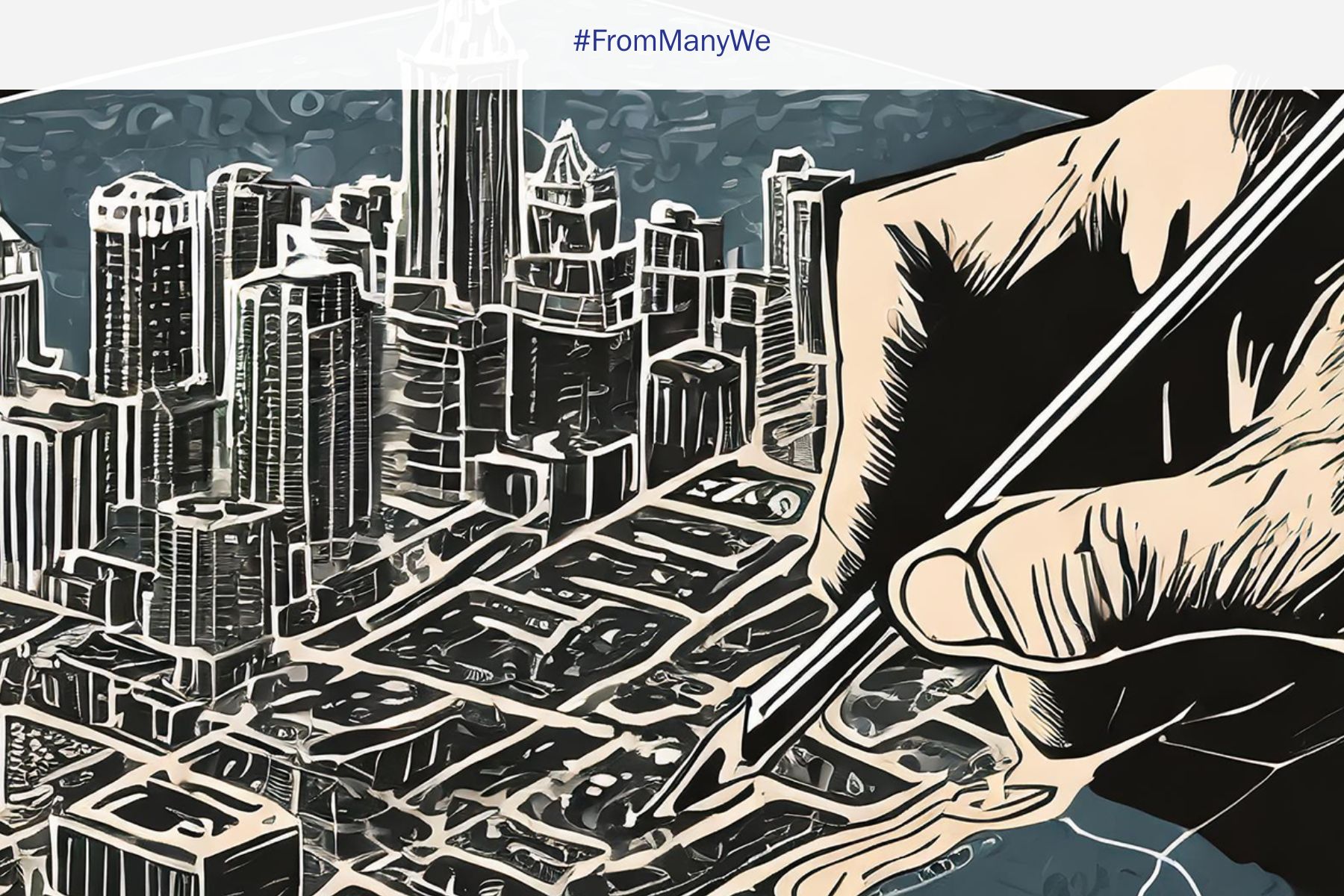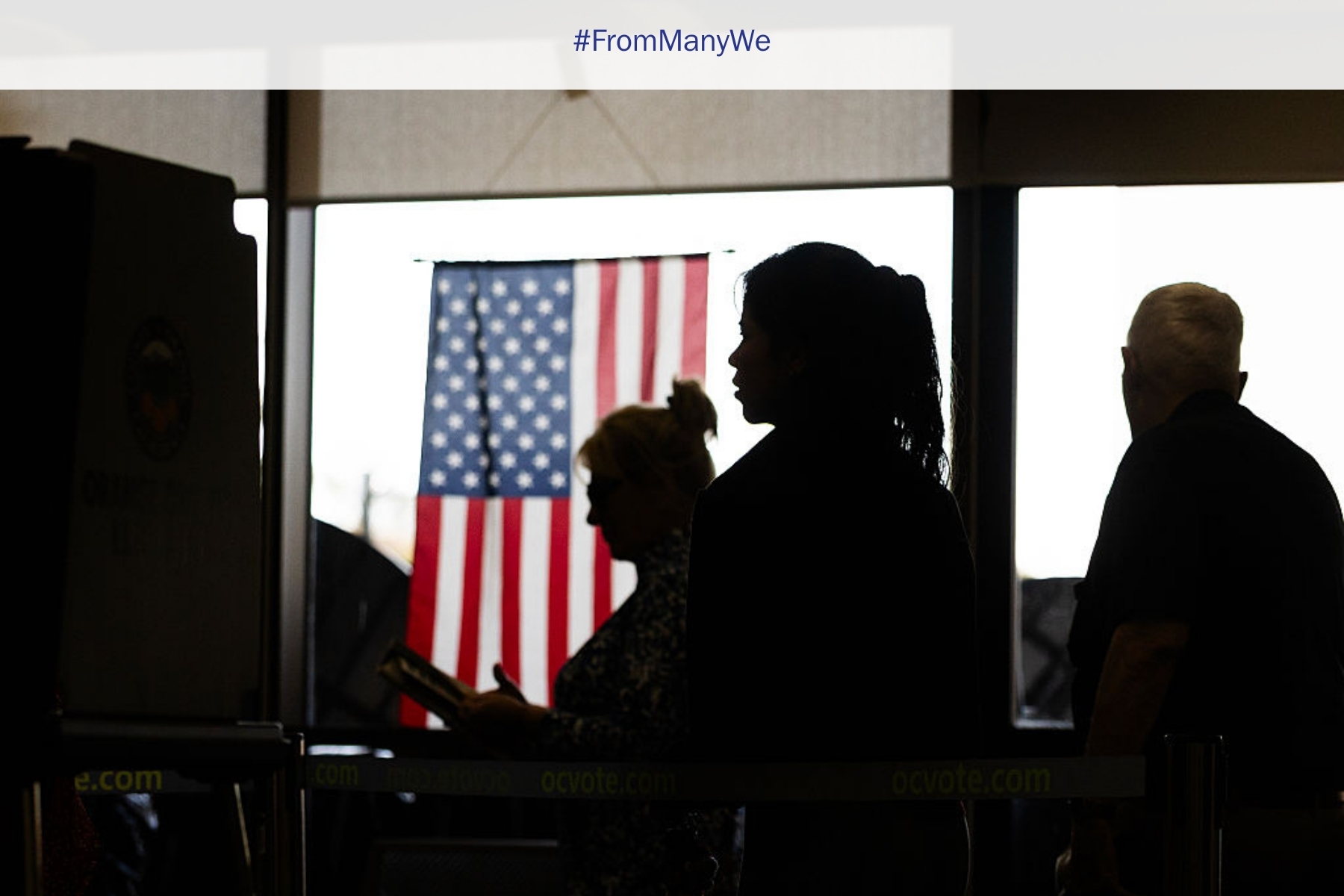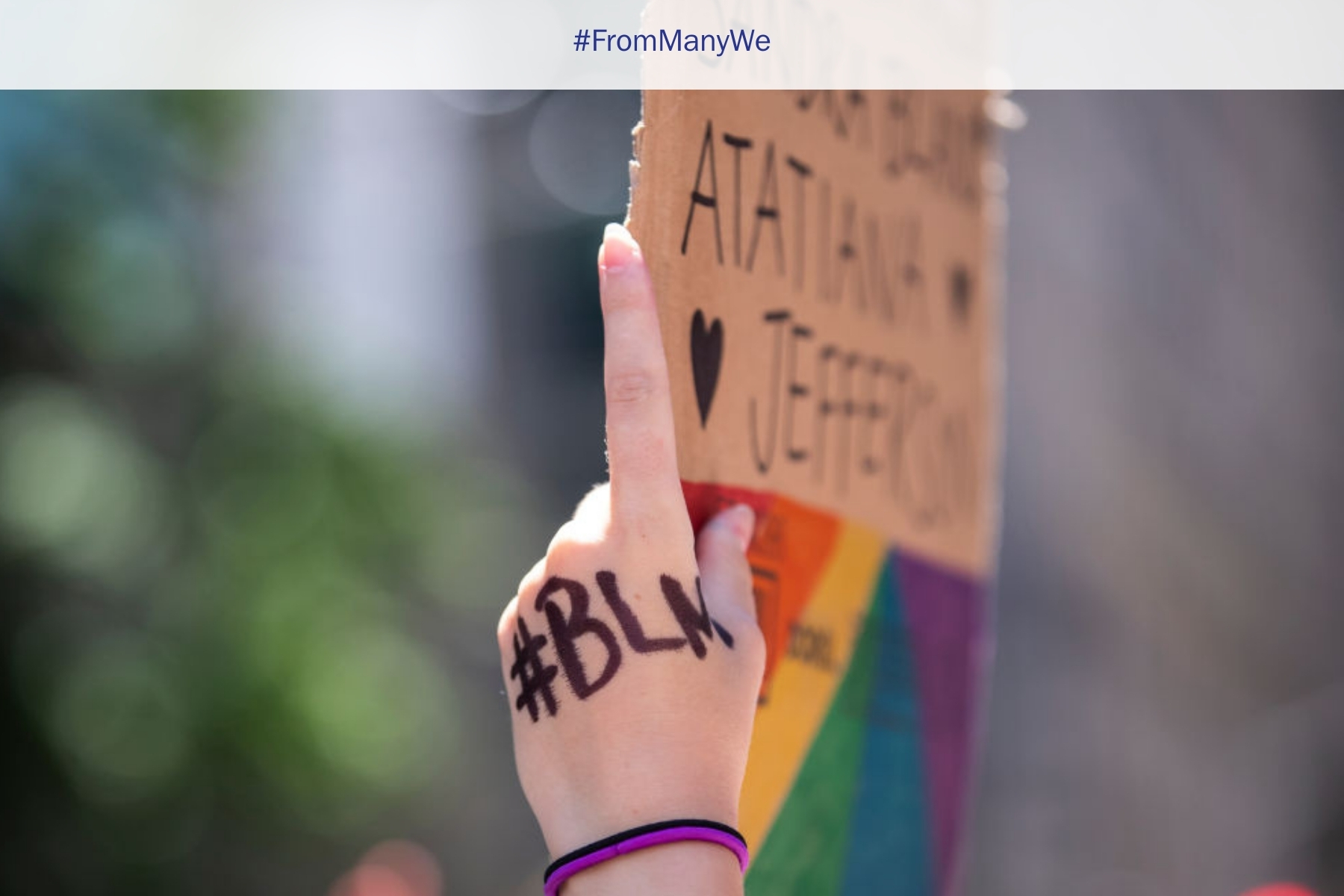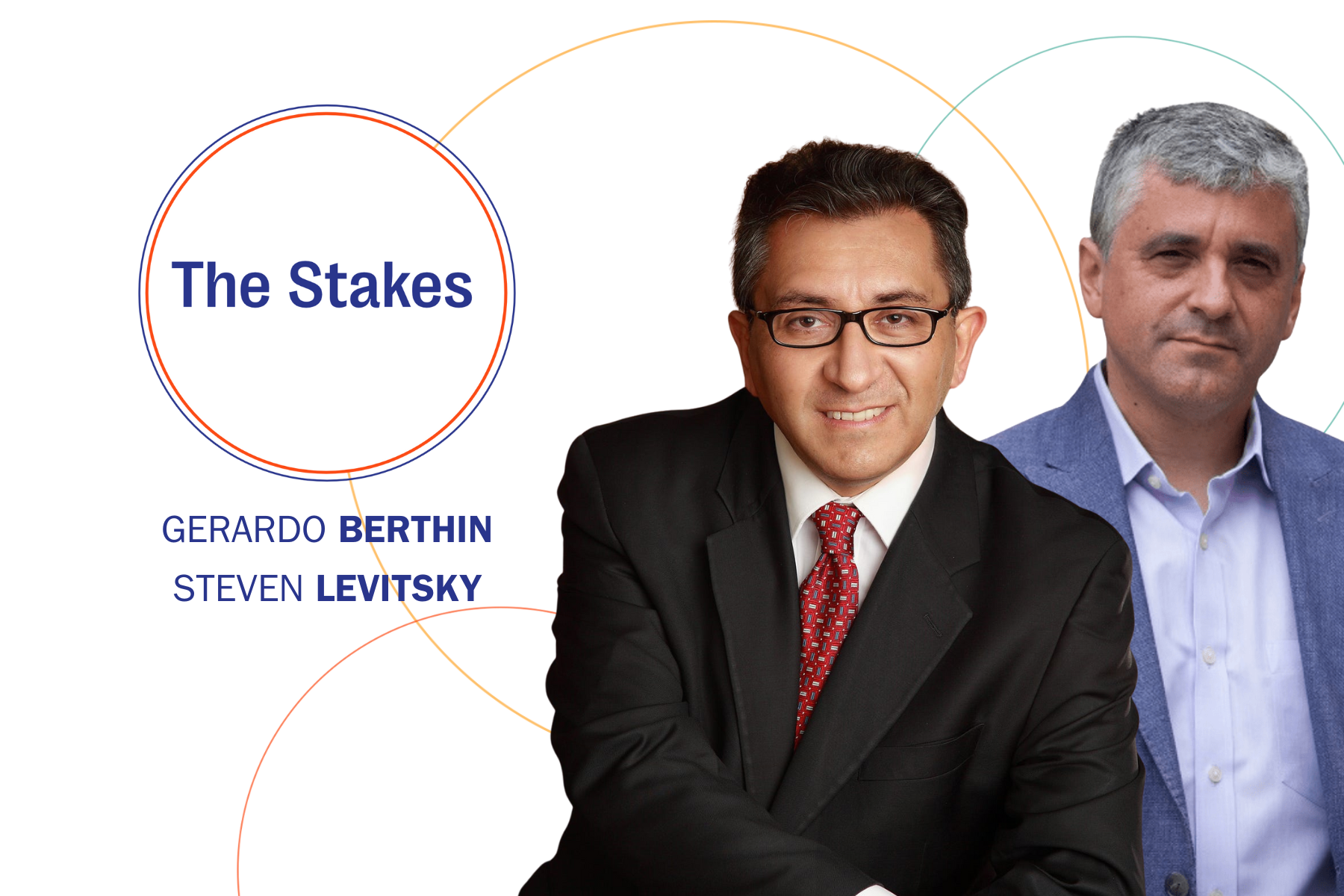Strengthening Local Institutions Is the Key to Countering Autocracy

Applying the usual narrow and partisan lens, many political participants and observers casually dismiss a year such as 2023 as an “off year” because federal elections didn’t take place. But adopting a wider perspective to assess events in terms of the core elements of a healthy democracy, 2023 turned out to be a surprisingly important year that included significant progress.
Key Wins for Democracy in 2023: Redistricting, School Board Elections, and the Return to Accountability
Over the year, reformers and courts struck decisive blows against gerrymandering, which has been the root cause of much of the decline of democracy across dozens of American states.
For partisan gerrymandering, change must take place at the state level since the Supreme Court ruled in 2019 that federal courts have no jurisdiction over the issue. Wisconsin, arguably the state saddled with the worst gerrymandering since 2011, saw its intensely rigged districts struck down by the Wisconsin Supreme Court late in the year. And over a series of rulings, federal courts remedied racially discriminatory (rather than partisan) gerrymandered maps in several Southern states. These pro-democracy victories added to wins in Michigan and Pennsylvania, both states that also liberated themselves from the poison of gerrymandering in recent years.
In Ohio, a multipartisan coalition of leaders, groups, and the voters themselves thwarted a legislative attempt to upend a century of direct democracy. That same broad coalition is now working to also end Ohio gerrymandering through a ballot initiative in 2024.
At the local level, voters sent a clear signal that they oppose hyper-ideological politics undermining public education. School board candidates who organized under a banner that included subverting the teaching of central elements of American history lost badly almost everywhere.
Importantly, 2023 also saw the imposition of badly needed accountability for lawless and antidemocratic political actions. This included multiple indictments of former President Trump and other high-level officials involved in the January 6 attacks on the US Capitol, defamation verdicts against Fox News and Rudy Giuliani, and indictments and convictions for egregious corruption from Ohio to New Jersey. To cap it off, the year ended with the Colorado Supreme Court and the Maine Secretary of State applying the 14th Amendment’s disqualification clause to bar Trump from the ballot due to his engagement in the January 6 insurrection. When a lax rule of law in the political sphere incentivizes widespread law- and norm-breaking, reinserting accountability becomes crucial in shoring up a stable democracy over the long run.
Challenges Remain: Extremism, Information Deserts, and Attacks on Higher Education
Amid these steps forward, as is always the case in the back-and-forth struggle over American democracy, other challenges emerged. At the highest levels of American politics, extremist rhetoric increasingly echoes the darkest elements of past autocratic and white supremacist propaganda. That rhetoric is sparking a disturbing level of threatened and actual violence in the political sphere and serves as another glaring red flag about the state of American democracy.
Many of the key institutions that shore up a healthy democracy also suffered damage in 2023.
Several examples:
In a healthy democracy, local journalism provides a key bulwark for transparency and accountability. On that front, 2023 saw real decline. A new report by Northwestern University’s Medill School of Journalism found that newspapers are folding at a rate of two per week across the country. The number of news deserts continues to grow. More than 6 percent of counties lack any local news at all, and about half are served by a single news source, usually a weekly newspaper. The lack of robust, independent media is a key contributor to state-level politics careening into both corruption and antidemocracy extremism, which is often unchecked because it’s hardly reported on.
Another core element of a healthy democracy is a system of higher education that stands largely independent from the day’s politics. The erosion of academic independence is a vital step in the path away from democracy.
We can look to Hungary for a preview of how an ailing democracy plays out. As part of his ever-tighter grip on power, Prime Minister Viktor Orban has asserted control over what had been a previously robust and independent higher education infrastructure. These measures included upending the structures of leadership of public universities and replacing academic leaders with party and financial cronies. Human Rights Watch warned “these autocratic and illiberal moves have become trademarks of the Orban government.”
The United States saw these very tactics play out in 2023.
- In numerous states, legislatures attacked the independence of their states’ universities and colleges on everything from curriculum to tenure to policies that assure diversity and inclusion. In Ohio, for example, a bill known as SB 83 came dangerously close to passing at the end of the year and will no doubt return in the future. Another emerging target is the process in which colleges and universities receive accreditation, which plays a crucial role in assuring a higher quality and independent academic sphere.
- The year also witnessed an even more aggressive Orban-style maneuver of installing politicized, highly partisan figures to lead higher education institutions. In Ohio, a board of political appointees named an election-denying member of Congress with no education credentials to become the next president of Youngstown State University, which is arguably the most important institution in a struggling economic region. Despite loud protests from community leaders, alumni, faculty, students, and the media about the selection and the closed-door process that sparked it, the new president will take over in March.
- These moves in Ohio mirror similar developments from North Carolina to Texas. Governor Ron DeSantis of Florida is perhaps pushing most aggressively along these lines by installing a slate of new board members to lead the public New College of Florida. One of those new members, a conservative activist named Christopher Rufo, made his goal clear: “We are recapturing higher education.”
- With their own separate boards, private higher education institutions are more insulated from outright takeovers. But it’s no coincidence that the partisan players, including Rufo, were among the loudest voices calling for the resignations of presidents of Ivy League colleges. And rather than leaving it up to those independent boards to decide what was best for those institutions, the US House took it upon itself to call for their resignations. Congress has not stepped in for any other private institutions, even when those institutions have been caught up in public controversy.
These actions and justifications draw directly from Orban’s playbook and will no doubt be replayed elsewhere.
Lessons for 2024
Unlike the year that just ended, 2024 will not be viewed as an “off year.” We will be consumed with federal elections—the polls, the debates, the Electoral College math, and the Senate races in certain swing states—between now and November.
But a key lesson from 2023 is that federal elections are not the only decisions that impact the overall health of our democracy. To simplify it all in that way, as we tend to do, actually turns out to be dangerous for democracy. Such simplification creates a narrow view that blinds us to both progress and backsliding that may be occurring elsewhere.
To protect democracy, we must focus far more broadly and deeply: on local school boards, our universities, and to local daily and weekly newspapers. Successful pro-democracy agendas must also encompass all of those fronts, even if they fall well below the radar in a presidential election year.
David Pepper is a Kettering Senior Fellow, former chair of the Ohio Democratic Party, and author of Laboratories of Autocracy and Saving Democracy.
From Many, We is a Charles F. Kettering Foundation blog series that highlights the insights of thought leaders dedicated to the idea of inclusive democracy. Queries may be directed to fmw@kettering.org.
The views and opinions expressed by contributors to our digital communications are made independent of their affiliation with the Charles F. Kettering Foundation and without the foundation’s warranty of accuracy, authenticity, or completeness. Such statements do not reflect the views and opinions of the foundation which hereby disclaims liability to any party for direct, indirect, implied, punitive, special, incidental, or other consequential damages that may arise in connection with statements made by a contributor during their association with the foundation or independently.








